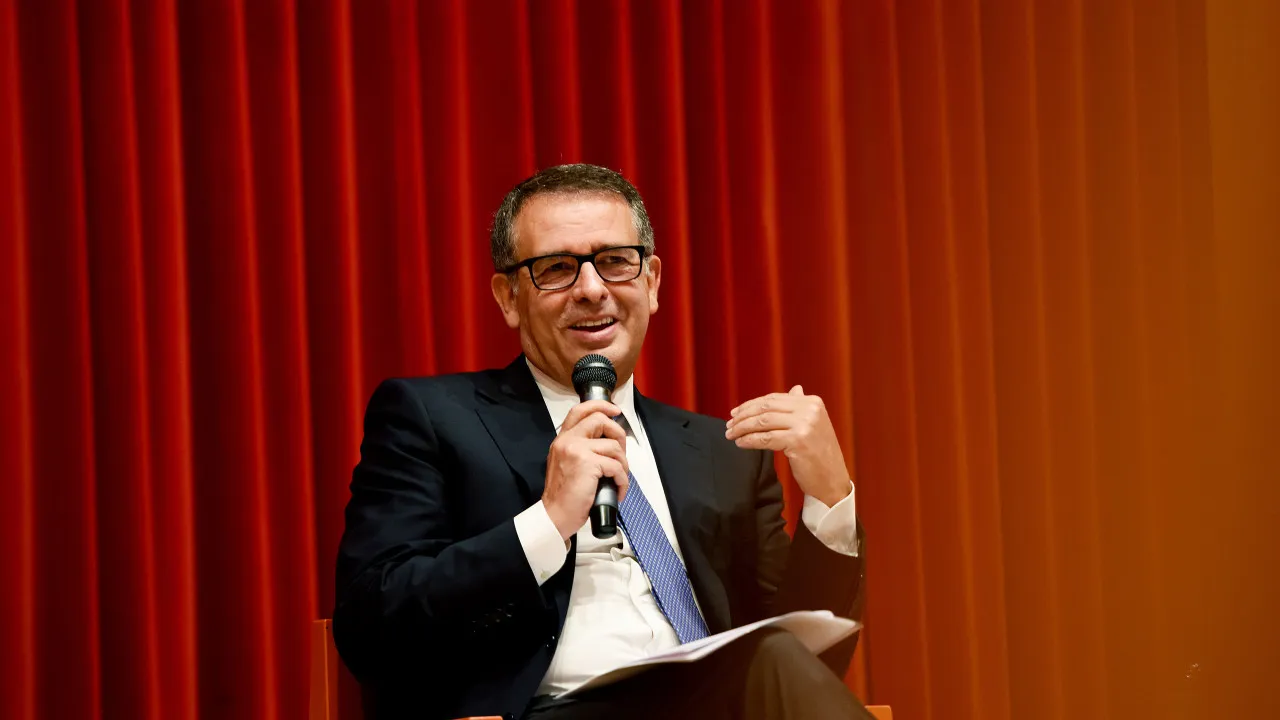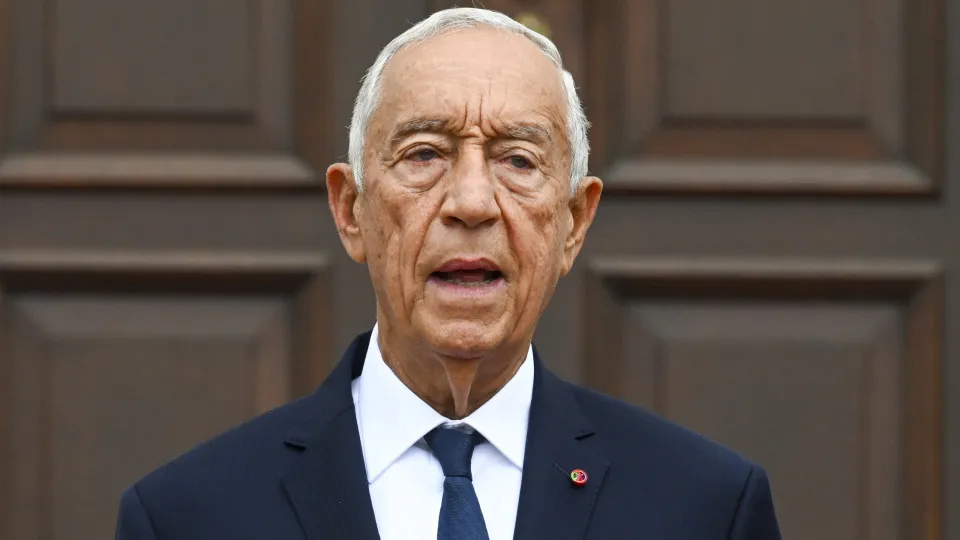
António José Martins Seguro, born on March 11, 1962, in Penamacor, holds a master’s degree in Political Science from ISCTE-IUL and a degree in International Relations from the Universidade Autónoma de Lisboa. He is married and has two children.
After holding several public positions over the years, including as a government member, deputy, and MEP, Seguro stepped back from political life following his resignation as Secretary-General of the PS in September 2014, after losing the primary elections to António Costa.
“What’s the rush?” is an expression that stuck with him, as he responded to journalists in January 2013 when asked when his leadership intended to propose a date for the PS congress.
After stepping down from the PS leadership he held between 2011 and 2014, Seguro adopted the stance of a “grassroots activist,” focusing on teaching and his business ventures while mostly remaining silent on political issues for nearly a decade, with very few exceptions.
One such instance was in May 2023, during a political crisis, when Seguro remarked to journalists: “When I look at the country, I am perplexed by what I see. I think the Portuguese deserve better.”
Months later, with the Operation Influencer and António Costa’s unexpected departure, the socialist revealed he was being encouraged to run for the PS leadership once more.
This prolonged silence ended a decade later when, in November last year, during an interview with TVI/CNN before his weekly commentary segment on the network, he admitted he was considering a candidacy for President of the Republic, distancing himself from re-entering party politics.
Over recent months, Seguro maintained the mystery without setting deadlines, yet he engaged in delivering speeches and lectures across the country, launching the “UPortugal Movement” in January to “contribute to the civic participation of the Portuguese.”
On the day the new parliament started functioning, Seguro dispelled doubts and announced his candidacy to succeed Marcelo Rebelo de Sousa, not waiting for support from the PS, which is experiencing one of the most challenging periods in its history following the electoral collapse in the legislative elections that culminated in Pedro Nuno Santos’ resignation.
Moderation, consensus, and compromise are words he frequently uses to describe his approach to politics and life. Upon confirming his candidacy, he argued that Portugal needs “change and hope for a better life.”
“I bring a new political culture, based on dialogue and compromise, focused on solutions to address the serious problems affecting the Portuguese,” he asserted in a video released on June 3.
Politically and in party terms, Seguro has held various roles and responsibilities.
As the leader of the Socialist Youth (JS) from May 1990 to March 1994, he began aligning himself with socialist power when, in early 1992, António Guterres defeated Jorge Sampaio in the race for the position of PS secretary-general.
“With António Guterres, the PS will be cooler,” Seguro declared to Agência Lusa on January 10, 1992, clearly expressing his political preference.
With António Guterres’ support, Seguro quickly rose: he served as the secretary-general’s chief of staff, was elected as a deputy in the 1991 legislative elections, and from 1994 was part of the Permanent Commission of the National Secretariat—the core of “guterrismo.”
Following the PS victory in the October 1995 legislative elections, Seguro assumed the position of Secretary of State for Youth, a role he left to run as the second candidate on the socialists’ list in the 1999 European elections, behind lead candidate Mário Soares.
In 2001, he returned from the European Parliament to serve as the minister attached to the prime minister.
Close associates of the new PS leader unanimously felt that the influence of ten years of constant interaction with Guterres shaped his political approach and helps explain Seguro’s propensity to spend hours conversing with anonymous militants, emphasize affection (against strict rationality) in political relationships, and present an earthy vision of life.
In 2011, during the internal campaign for PS leadership that led him to become secretary-general by defeating Francisco Assis, he often recalled how much he enjoyed playing with spinning tops and marbles as a child, as well as a football game on a wooden board with nails, crafted by a carpenter in Penamacor.
In 2004, he was on the brink of contesting the party leadership with José Sócrates, but according to reports from socialists of various factions, Jorge Coelho, then the strongman of the apparatus, asked him to wait.
During Sócrates’ governance, Seguro remained behind the scenes, despite being head of the list for Braga in the 2005, 2009, and 2011 legislative elections, and chairing the parliamentary committees on Education and Economy, besides coordinating the Parliament’s reform in 2007.
He bided his time until Sócrates’ departure, spending much of the period silent and avoiding public criticism of the then-leadership, although his disagreements were well known.




